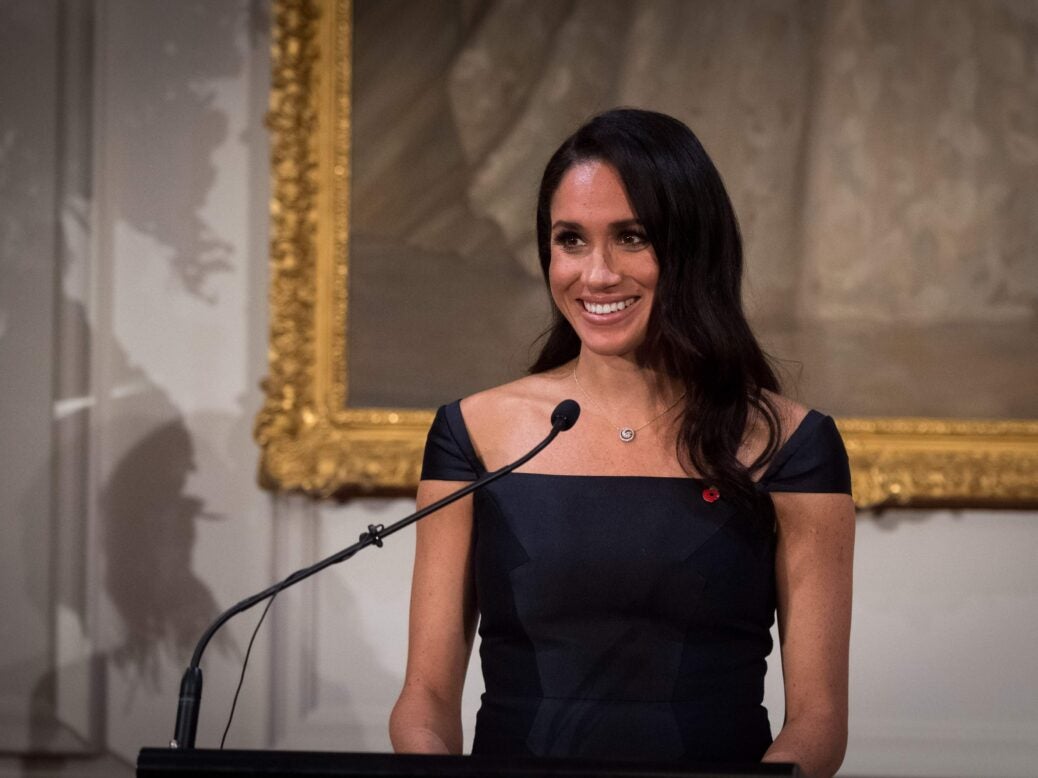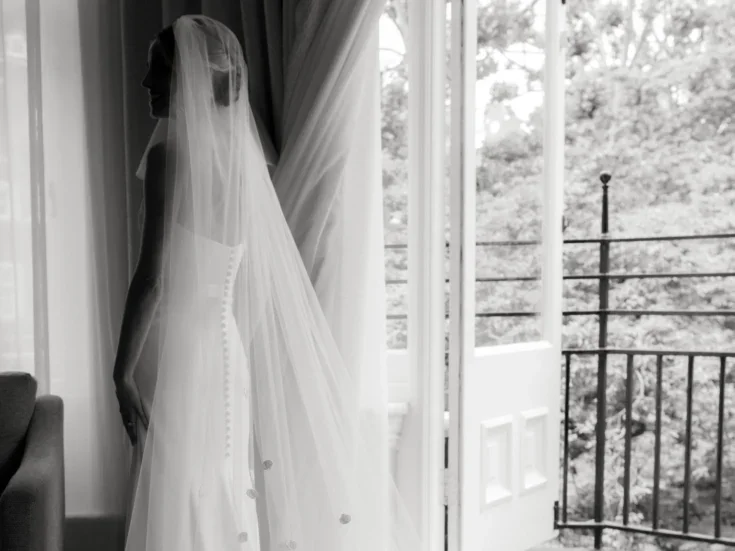
The Duchess of Sussex has taken a stand against media intrusion. The question is: will she win? Amber Melville-Brown weighs in
News broke this week that the Duchess of Sussex has issued legal proceedings against the Mail on Sunday over the unauthorized publication of a private letter to her father.
In his explanation of the decision, her husband, Prince Harry, raised his mother’s treatment at the hands of the press. ‘I’ve seen what happens when someone I love is commoditised to the point that they are no longer treated or seen as a real person,’ he said in a statement. ‘I lost my mother and now I watch my wife falling victim to the same powerful forces.’ His wife had, he said, been the victim of a ‘long and disturbing pattern of behaviour by British tabloid media.’
Now, after months of ‘lie after lie’, the Duchess has started the long and difficult journey to the court steps. ‘Though this action may not be the safe one, it is the right one’, Harry said.
Meghan is not the first royal, actress, or African American to be treated harshly by a media organisation. Nor will she be the last. But by bringing this action she may serve to clip the wings of a sometimes wayward media, or at least set an example for others who would otherwise accept such barbs.
Will she win? Perhaps surprisingly, given the Royal Family are not known for being first in the queue to sue, the Duchess does have some encouraging precedent to draw from.
Princess Diana had penned private, intimate letters to Major James Hewitt. When those letters found themselves in the hands of a newspaper, Hewitt wanted them returned to him, but instead the paper sent them to Diana’s estate. While the paper on which the letters were written had become Hewitt’s property, the copyright in the words themselves belonged to Diana and, after her death, the property of her estate. Similarly, the copyright in the Duchess’s letter to her father – and thus the right to publish it – belong to her.
In 2004, Princess Caroline of Monaco won a landmark judgment over the publication of photographs of her out and about with her children, skiing and shopping. The European Court of Human Rights drew an important distinction between the activities of Princess Caroline the princess – fulfilling her formal official duties – and Caroline the woman, fulfilling a private role as individual, mother, wife. Images of the latter, in respect of which she had a reasonable expectation of privacy, did not contribute to a debate of general interest. Accordingly, the court found, they did not constitute fodder for a gossip-hungry public.
In an obvious parallel, the English court may be asked to consider whether the private letters at issue here, were penned by Meghan the daughter, or Meghan the Duchess.
‘We won’t and can’t believe in a world where there is no [press] accountability’ Harry said in his statement. The rich and powerful are held to account by a press eager to fulfil their role as bloodhound and watchdog of society. But the Fourth Estate is a rich and powerful force in its own right, which must also be held to account when its behaviour falls below acceptable standards. Bravo to the Duchess for taking on this challenge.
Amber Melville-Brown is global head of media and reputation Withers






